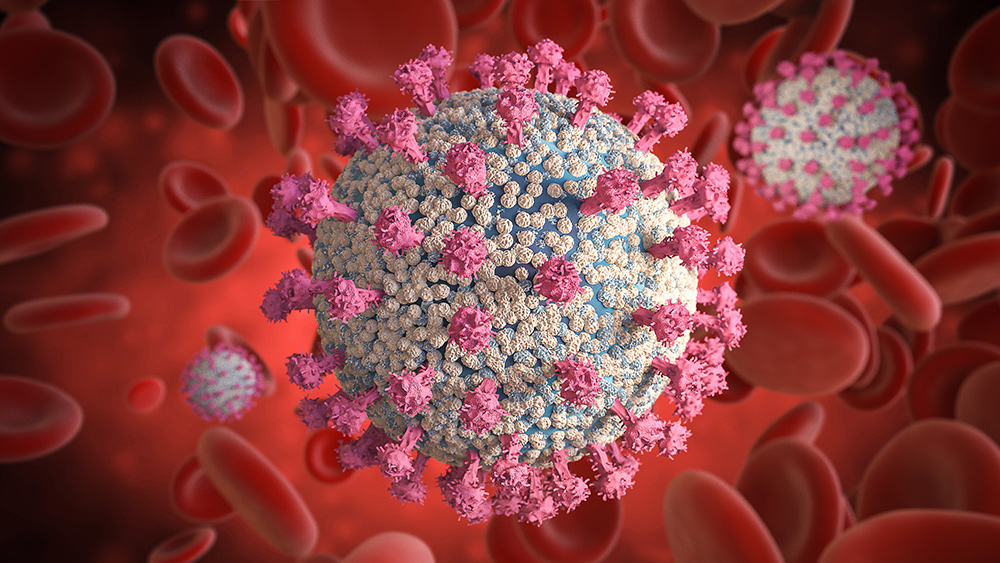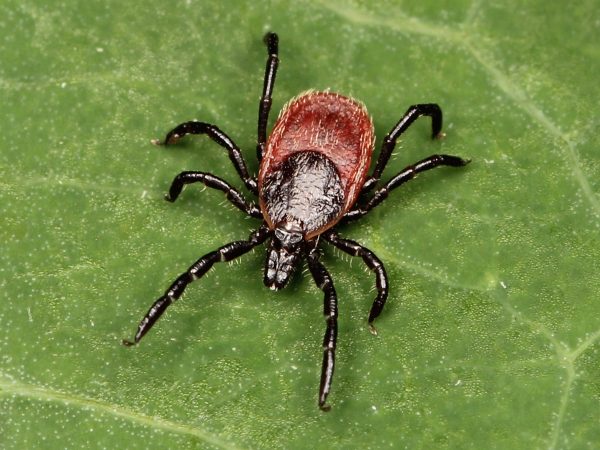 Parler
Parler Gab
Gab
Going vegan not better for the environment
According to mainstream media reports, livestock currently accounts for about 14.5 percent of global greenhouse gas emissions. The United Nations also predicted that the world will be eating 14 percent more meat by 2030 as middle-income countries become wealthier. This sent climate alarmists rushing to remove any and all meat from the world's diet. (Related: Biden's Inflation Reduction Act imposes fee on greenhouse gas emissions.) "That means more demand for pasture and feed crops, more deforestation and more climate problems," science writer Bob Holmes stated in an August 2022 op-ed for the Atlantic magazine. "For people alarmed about climate change, giving up meat altogether can seem like the only option." However, Holmes challenged this perception, citing studies suggesting that the world could still raise livestock and poultry without having to worry about "climate change." According to the writer, a world with some animal agriculture might have a smaller environmental footprint than an entirely vegan world. "It's not inevitable for livestock to compete with people for crops. Ruminants – grazing animals with multiple stomachs such as cattle, sheep and goats – can digest the cellulose in grass, straw and other fibrous plant material that humans can't eat, converting it into animal protein that we can." "Livestock can also use crop wastes such as the bran and germ left over when wheat is milled to white flour, or the soy meal left over after pressing the beans for oil. That's a big reason 20 percent of the U.S. dairy herd is in California's Central Valley – where cows feed partly on wastes from fruits, nuts and other specialty crops. Even pigs and chickens, which can't digest cellulose, could be fed other wastes such as fallen fruit, discarded food scraps and insects – which most people wouldn't eat." Watch this video that discusses veganism being unnatural and immoral. This video is from the Cory - Nature Is The Answer channel on Brighteon.com.More related stories:
Vegan alternative proteins "tainted" by meat companies’ investments, say critics. NZ farmers demand cancellation of PM Ardern's plans to tax the burps and farts of livestock. Attack on food supply continues: Germany proposes tax increase specifically targeting meat products. Actor vows to identify as "Trans Vegan" following revelation plant eaters could avoid mandatory vaccine. PLANNED FAMINE: US government has been paying farmers to destroy crops and livestock for YEARS. Sources include: SputnikNews.com RepublicWorld.com TheAtlantic.com Brighteon.comEnergy Department now admits COVID-19 most likely originated in Wuhan lab
By Belle Carter // Share
East Palestine toxic chemical spill could affect far-off cities and suburbs
By Belle Carter // Share
NTSB chair: Ohio train derailment was 100% preventable
By Kevin Hughes // Share
Dems silencing truth about ‘brain dead’ fetterman until august to avoid special election
By News Editors // Share
Governments continue to obscure COVID-19 vaccine data amid rising concerns over excess deaths
By patricklewis // Share
Tech giant Microsoft backs EXTINCTION with its support of carbon capture programs
By ramontomeydw // Share
Germany to resume arms exports to Israel despite repeated ceasefire violations
By isabelle // Share










